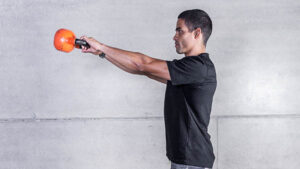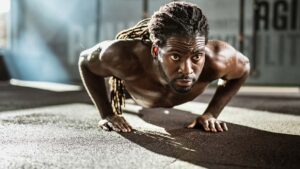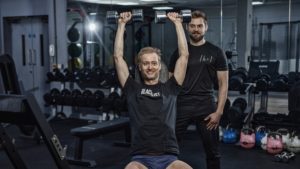
TV presenter and HFM grooming expert Stuart Miles fought the odds of aging, and built muscle while burning fat at 50 years old
Approaching 50, I wondered how much I could change my body for the better. I’ve never been that into taking my top off, and sometimes I can be painfully shy. But on the other hand, I’ve never seen myself as overweight or out of shape. I had, however, accumulated much more body fat than I’d realised. I wanted to see if I could burn off this extra fat and build muscle while doing it.
Fifty felt like the right time to undergo this small transformation. It’s a time in my life where genetics are supposed to be against me; muscle mass production slows down from the age of 30, and once you hit 50, muscle-loss accelerates even more. Testosterone levels start to drop at 40 for most men, and metabolism becomes less efficient from 25 onward. It seemed the odds were not in my favour, but I wanted to prove the odds wrong.
Hollywood actors achieve body transformations as part of their job, not juggle it around a career. I present breakfast shows for BBC radio, I have a day job as a TV development producer, and my writing work takes up a lot of my energy. It was going to be a real challenge, but I sought the help of personal trainer and nutritionist Henry Ives (of H+ Performance) and together we developed a 16-week programme that fitted around my hectic work schedule.
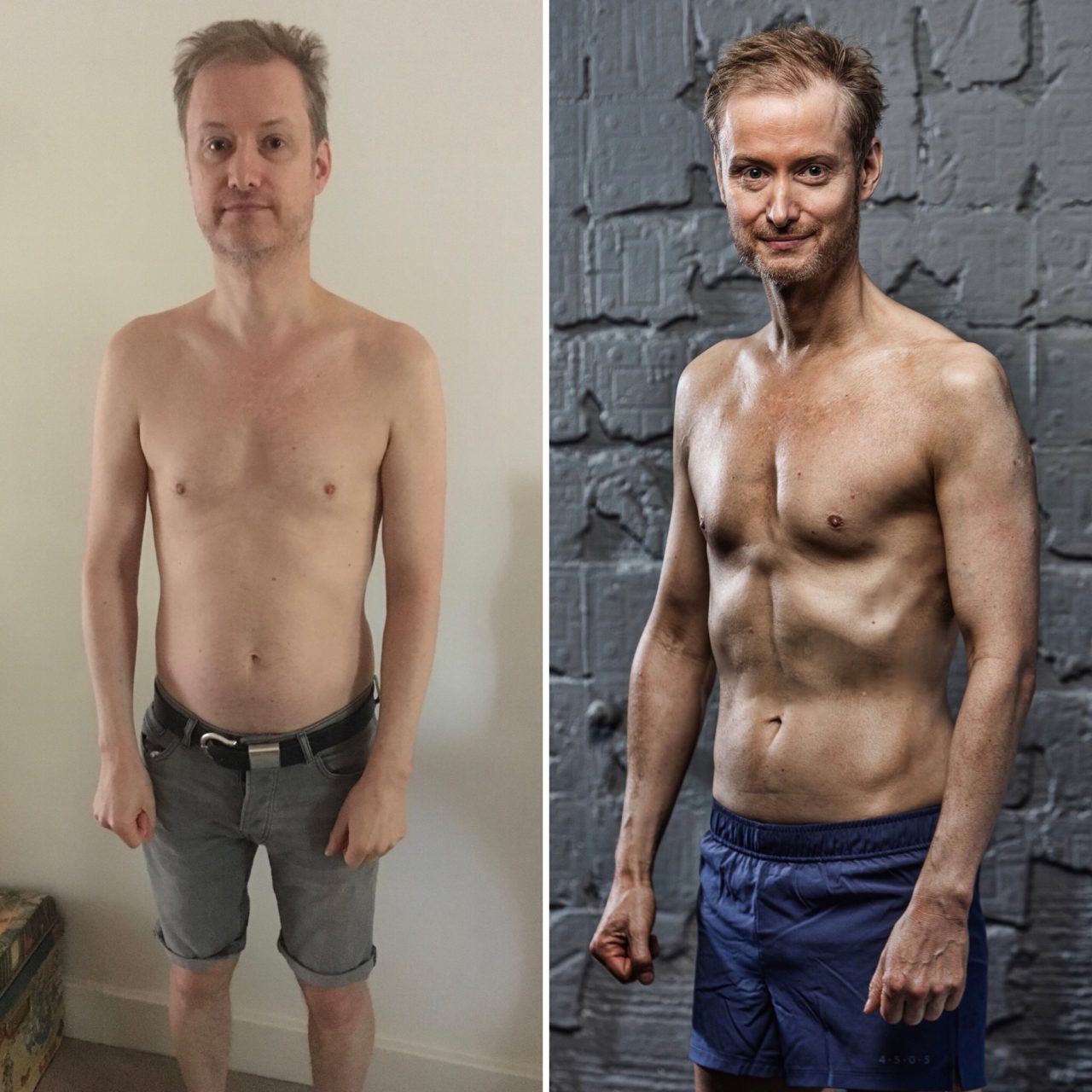
Man with a plan
Henry calculated how many calories I should consume each week, and then he calculated the macros – how much protein, fat and carbs I should have. He explained to me that as long as I focussed on the total calories, we would achieve a calorie deficit (burning more calories than I was consuming). The only real way to make sure you’re in a calorie deficit is to track that you are actually losing weight on the scales. We checked this every week alongside measuring my body’s skinfolds to make sure we were on track.
In order to lose body fat, you need this calorie deficit, but there are different methods that can be used to achieve it. Because we knew the total number of calories I should be taking in across the week, I was given a plan that meant I could go over my daily calorie allowance as long as I compensated with less on the quieter days. It also meant I didn’t have to always cut out the foods I loved, but tracking my calories was key. It made my life a lot easier.
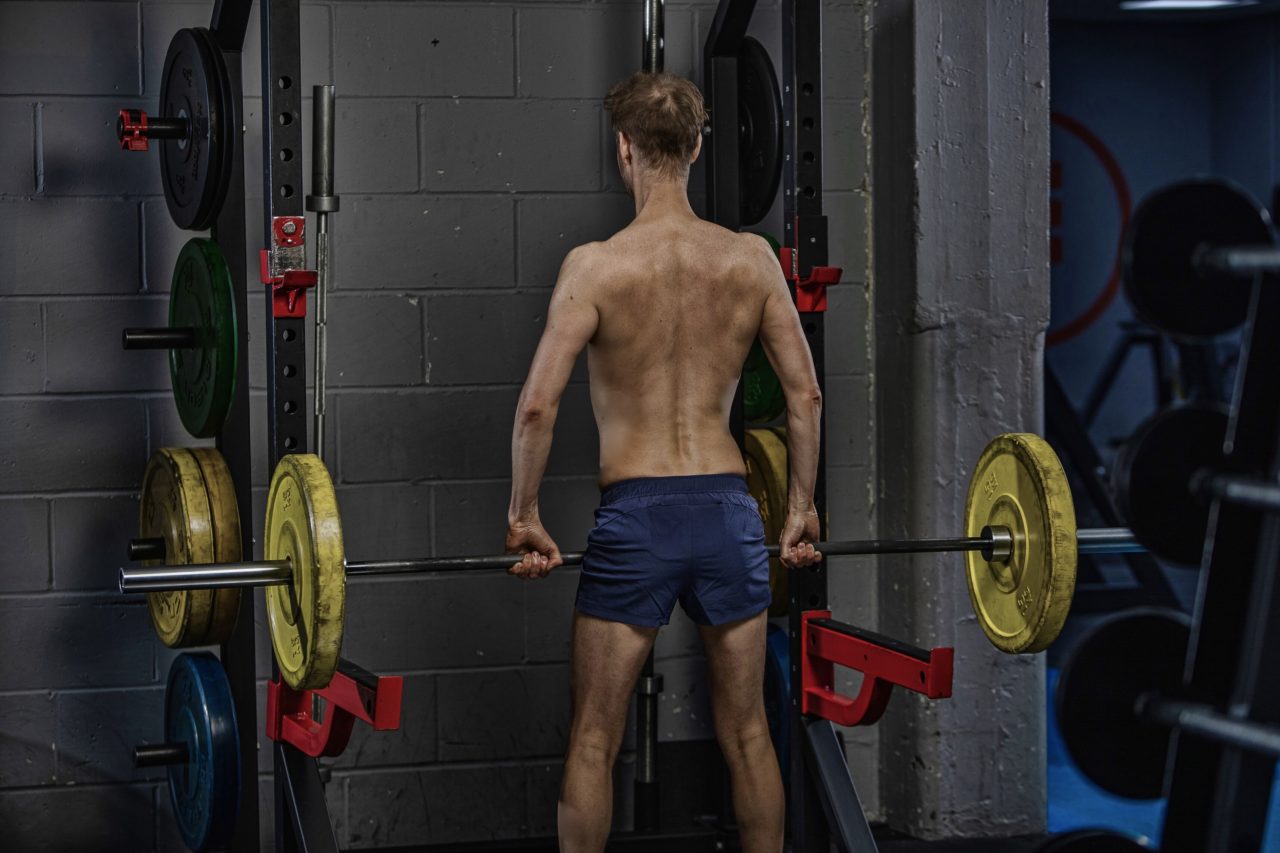
My weight training sessions were intense, and I was worried I may not have the energy required to build muscle. I soon learned that you can gain muscle while on a calorie deficit, as long as you’re eating enough protein and have the correct structure to your nutrition and training plans.
I’m really happy with the results. I don’t have the best body of a 50-year-old by any means, but I feel a real sense of achievement. Maybe many other men who feel like they have given up might realise it’s not too late and challenge themselves. I feel stronger both physically and mentally than I ever have, and somehow it feels much more satisfying at 50 than it would have at 25.
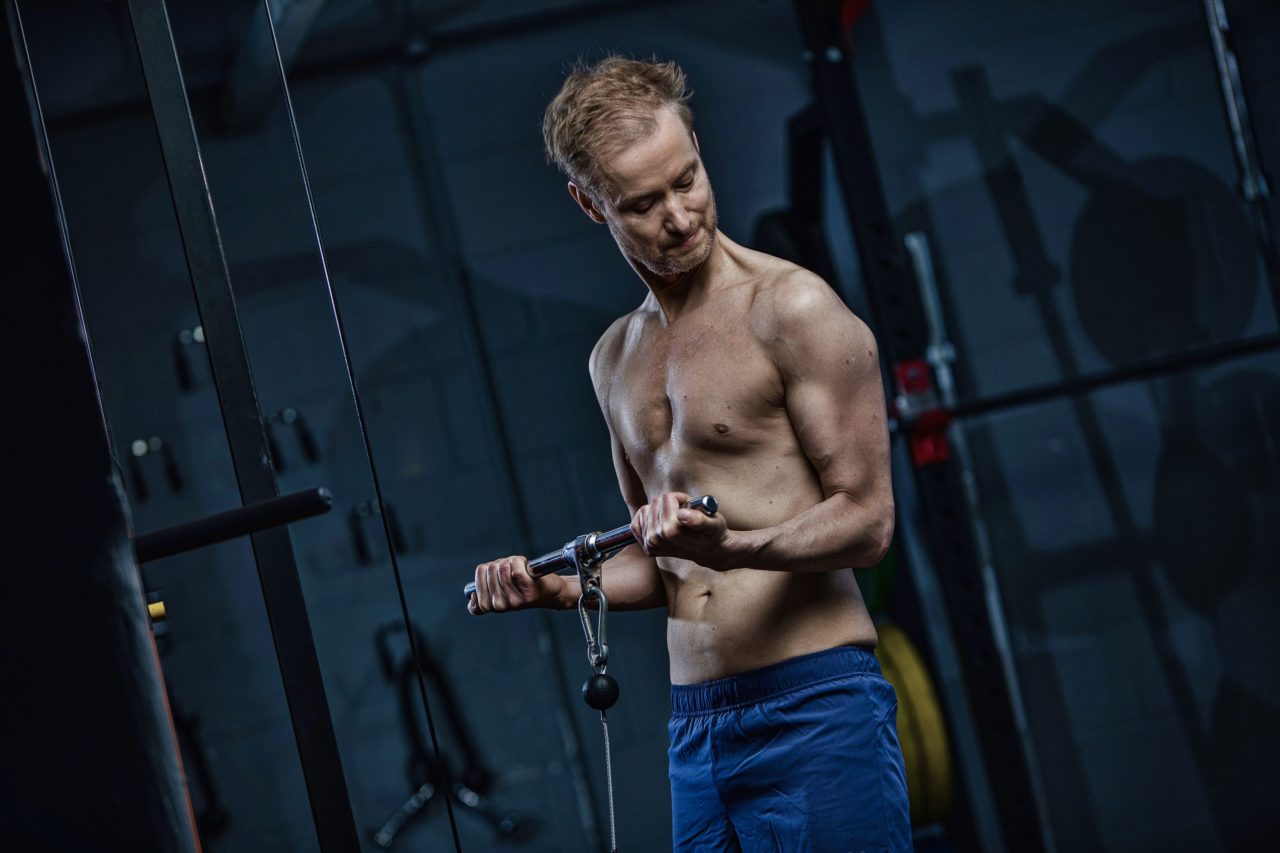
Stuart’s top 5 training lessons
Here’s what I learnt from my sessions with Henry.
- Train everything
To maintain muscle growth in a calorie deficit you need to train each body part 2-3 times a week and avoid isolating individual muscle groups. I worked on two upper and two lower body sessions a week, with a push/pull split to achieve this.
- Protein intake is key
I needed to consume 2g of protein per kilo of body weight per day. Henry also explained that as you age, you develop something called anabolic resistance, which meant at my age I needed more protein per serving (40-50g) to stimulate muscle repair.
- Supplement
I consumed a daily dose of 5g creatine, one of the most researched supplements to help muscle growth and improve performance. Omega-3 is proven to help augment the process of muscle protein synthesis when training and so it was particularly important for me. I also took vitamin D3 supplements for my general health and immunity, and to help improve bone density, which declines as we age.
- Resistance train
Henry explained to me that my ability to process carbohydrates is impaired because I’m usually sedentary and getting older – but resistance training enhances your ability to process carbs. We started on a lower carbohydrate diet but towards the end I was able to consume in excess of 300g of carbs.
- Boost the male hormone
As we age testosterone naturally declines which can affect performance and muscle repair. Weight training can help boost these levels naturally and there is some evidence that if you are deficient in zinc it can affect levels of testosterone. Supplementation can help normalise them along with reducing alcohol and getting better quality sleep.
This move is king when it comes to core. Learn perfect form to reap maximum benefits and avoid injury.
The bounce back begins. There’s no doubt that the Covid-19 crisis curtailed fitness routines for millions, as competitions were cancelled, training programmes postponed and events put on […]

